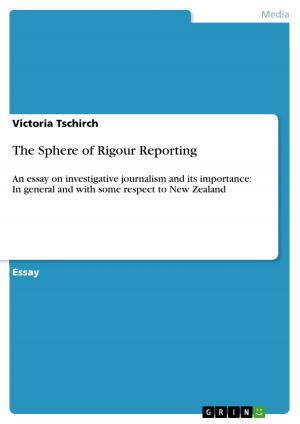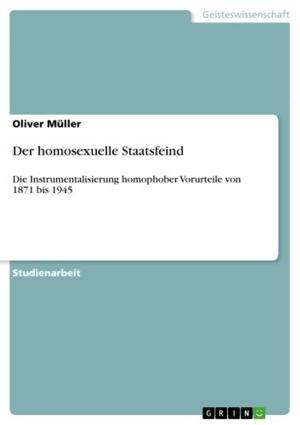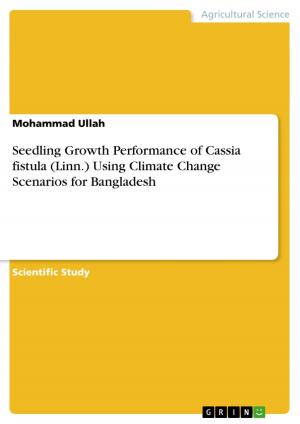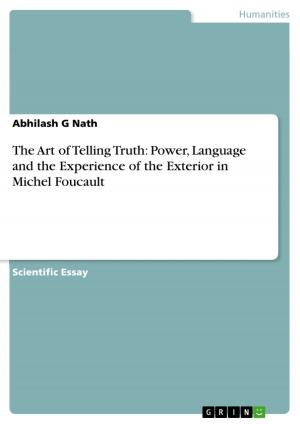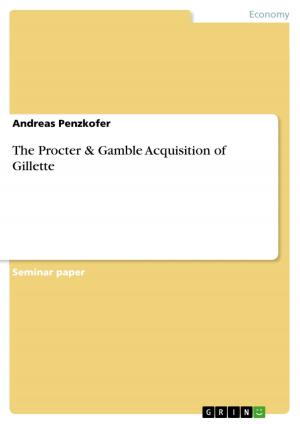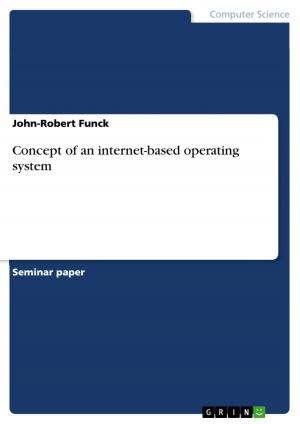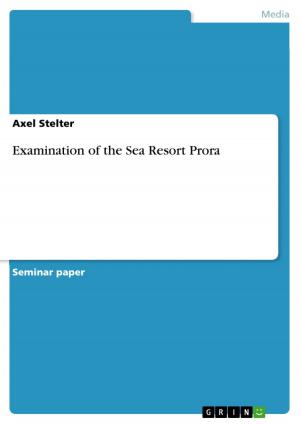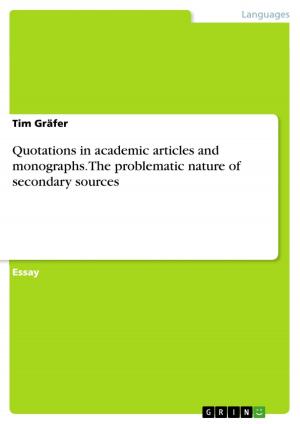Wilde and Petronius: The 'Satyricon' as a Template for 'The Picture of Dorian Gray'
Fiction & Literature, Literary Theory & Criticism, British| Author: | Morgan Crouch | ISBN: | 9783640769629 |
| Publisher: | GRIN Publishing | Publication: | December 6, 2010 |
| Imprint: | GRIN Publishing | Language: | English |
| Author: | Morgan Crouch |
| ISBN: | 9783640769629 |
| Publisher: | GRIN Publishing |
| Publication: | December 6, 2010 |
| Imprint: | GRIN Publishing |
| Language: | English |
Research Paper (undergraduate) from the year 2010 in the subject English - Literature, Works, grade: A, , language: English, abstract: It is no secret that the prominent aesthete Oscar Wilde was familiar with the work of Petronius of Rome. In fact, it's so far from a surreptitious topic that it remains undecided whether Wilde can be held responsible for a translation of Petronius's The Satyricon. His familiarity becomes quite apparent as well when we see Petronius's text specifically referenced within Wilde's work, The Picture of Dorian Gray. Wilde's texts were often thought to have subtle hints of homoeroticism while Petronius' The Satyricon demonstrated time and time again the blatant and unmistakably Roman depictions of homoeroticism. Furthermore, Wilde's texts were eventually condemned for their suggested homosexual connotations, while the homosexual events in The Satyricon were dismissed as standard. However, Wilde's reference of Petronius goes well beyond a mere scholarly allusion to demonstrate his well-read nature.
Research Paper (undergraduate) from the year 2010 in the subject English - Literature, Works, grade: A, , language: English, abstract: It is no secret that the prominent aesthete Oscar Wilde was familiar with the work of Petronius of Rome. In fact, it's so far from a surreptitious topic that it remains undecided whether Wilde can be held responsible for a translation of Petronius's The Satyricon. His familiarity becomes quite apparent as well when we see Petronius's text specifically referenced within Wilde's work, The Picture of Dorian Gray. Wilde's texts were often thought to have subtle hints of homoeroticism while Petronius' The Satyricon demonstrated time and time again the blatant and unmistakably Roman depictions of homoeroticism. Furthermore, Wilde's texts were eventually condemned for their suggested homosexual connotations, while the homosexual events in The Satyricon were dismissed as standard. However, Wilde's reference of Petronius goes well beyond a mere scholarly allusion to demonstrate his well-read nature.


